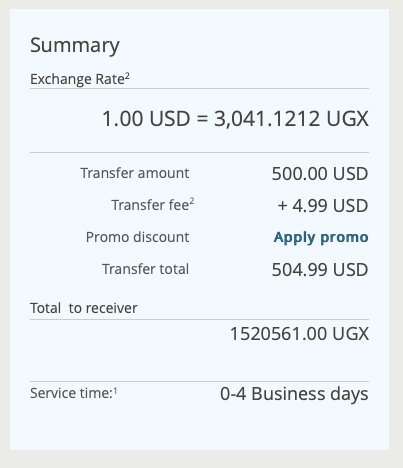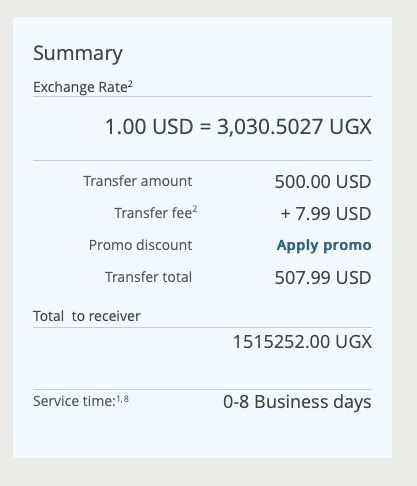I have been thinking about writing again. It’s been so long since I put any thoughts down beyond the random 240 character tweet but I have found inspiration again. Recently, I got accepted into Qala, a competitive program training the next generation of African Bitcoin and Lightning developers. I am one of 13 individuals in the pioneer cohort chosen from an initial pool of 837 capable applicants so this is huge for me. So far, it’s been amazing connecting and learning with other peers and mentors across the continent and beyond.
Lets talk about Bitcoin
"I've been working on a new electronic cash system that's fully peer-to-peer, with no trusted third party."
- Satoshi Nakamoto Fri Oct 31 14:10:00 EDT 2008
Most people think of Bitcoin as just another cryptocurrency or coin but it’s a little deeper than that. Bitcoin is a digital money ecosystem that is borderless, fast, secure and entirely trustless. Trustless doesn’t mean what you think it does. In this case it means that the bitcoin network does not need any trusted parties to function.
The use of the word "trustless" is intended to convey the ability to operate without needing trust in the other participants in the system. In a decentralized system like Bitcoin, you can always choose to transact with someone you trust. However, the system ensures you can’t be cheated even if you can’t trust the other party in a transaction. Trust is a nice-to-have instead of a must-have property of the system.
Trust in Decentralized Networks - Mastering Lightning
Also Nik Custodio wrote a great article for anyone who prefers a more high level explanation of Bitcoin.
Why is this important? In its thirteen years of existence, Bitcoin has proven itself to be the most secure digital system in the world and the most reliable monetary system.

There’s a lot of misinformation about Bitcoin when people discover it for the first time so I can understand why people can be apprehensive or even indifferent. But this has been the norm for new things. It takes time for people to appreciate something and see its utility, especially within their context. It’s just going to take a little more time for the fog to clear.
Time Fixes Everything
It’s crazy how far the world has come now. Most people born in the late 80s and 90s have had the privilege of experiencing the internet grow exponentially over the years and can contrast easily between how things were before it came to be. Fun fact: In 1994, there were a little over 600 websites online. Today, you’d be lucky to find a domain for your next business or side project.
The internet didn’t just magically appear though. It was years of consistent effort from so many different individuals and communities. Still nobody knew that the dots will connect at the time. Even when computers were run on punch-cards, there were whispers that it was inevitable that they would soon work collectively as a network, rather than individually. And what made that possibly eventually? It was ’software’ known as TCP/IP which made it possible for networks to connect to other networks, making a network of networks that could expand virtually infinitely - The Internet. Hello World!
It’s possible that in a few years, all this change will not seem like very much. When it comes to exponential growth, distance from A to B looks like much until you get to C.
Right now, Bitcoin seems like this daunting, intimidating thing. We use addresses to send and receive bitcoin that look like this: 1A1zP1eP5QGefi2DMPTfTL5SLmv7DivfNa; words like segwit, multisig, wallets, nodes and the blockchain. It’s a lot to take in for people encountering the technology for the first time. But this is why innovation matters. Most people don't have to understand how things work deeply and widely. For example, there's a lot that happens behind the scenes when you open your TikTok app - videos just magically appear when you swipe up and you can do this countless times a day with no lag. That's because there's people in the backend building abstraction layers that ensure a painless experience hidden behind a nice user interface. It is the same with Bitcoin. With time, everything will be easier to understand and use but we have to trust the process.
My experience sending and receiving money in Uganda
I have worked with remote teams around the world and my experience with receiving or sending money using conventional systems has been horrendous.
- For starters, I live in Uganda and it is almost impossible for someone in the US to send me $500 right now. Even with services like Western Union, it takes up to a week to receive money and the fees are high and predatory. The exchange rate fees are unbelievable.
Here's a screenshot from the western union website showing the breakdown
| Cash pick up agent office | Money sent to bank account |
|---|---|
 |
 |
If you are wondering what the problem is, the exchange rate at time of writing is $1 = 3,528 Ugandan Shillings. But this is just one of the problems. The fees and time it takes to receive the money is not favourable.
- Other networks like Swift are no bueno simply because of how they work. Swift transactions aren’t instant, require a litany of anti-fraud and anti-money laundering checks and the bank sending the transaction has to find a partner bank to broker with to get the money to the receiver. If the amount is for less than $1000, it’s a bad idea. The fees and conversions involved are unbelievable and it is impossible to say how much the recipient gets in a SWIFT wire transaction. It’s even more expensive when you price in the time it takes to arrive at the destination bank.
- Banks and Mobile money: The experience with banks and telecoms here isn’t great. There’s a lot of bureaucratic processes that are built to favour these companies. There’s no privacy since all transactions are monitored and our own financial data is used against us. But what really bothers me is the lack of freedom to decide or control how I spend my hard-earned money, who I can transact with and how much I can transact. Another issue I have a problem with is that the government can literally go into my account and take out my money under the guise of tax and excise duty. Governments can force banks and telecoms to give them your money. It’s a broken system.
- Getting money in is one thing. Sending money abroad is a fool’s errand.
So then why Bitcoin? Why do I care?
Bitcoin respects my security, privacy and freedoms. Sending and receiving bitcoin is quick and easy. There are no ‘processes’ or documents to sign or broken KYC implementations to wait on. I don’t have to look at Terms of service, Privacy policies and sign over my rights on any KYC/AML compliance regulations. It just works. Transactions are almost instant.
Another reason is the Bitcoin ecosystem is technologically open. Anyone can join, connect to the bitcoin network and start building applications and other tools on top of it. This is actually my favourite part. Mostly because this is where I can make a difference for many like me and provide utility for millions of people around the World. But also because it speaks to the strength of the technology and why its going to be around for a long time and change the future of money as we know it.
This article is getting a little too long but I intend to write weekly about my experience as a developer building in the Bitcoin/Lightning space.
Till next time.